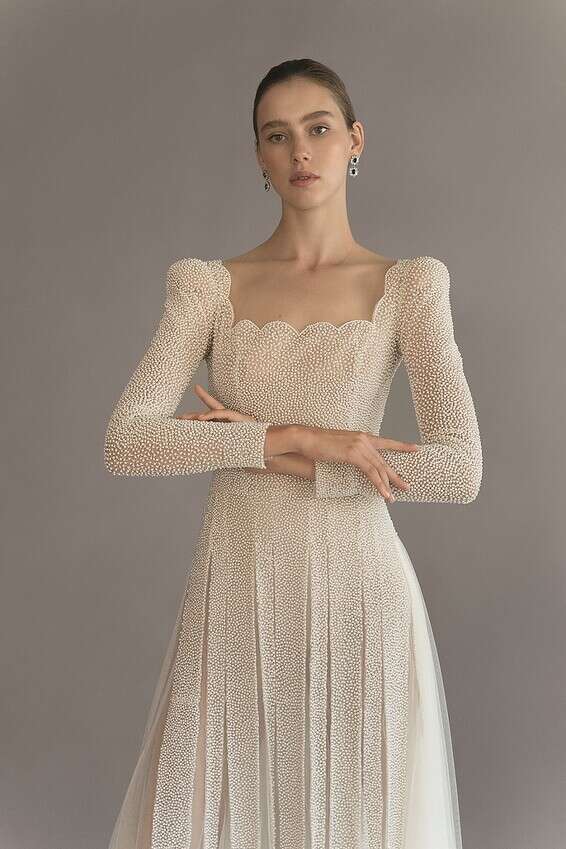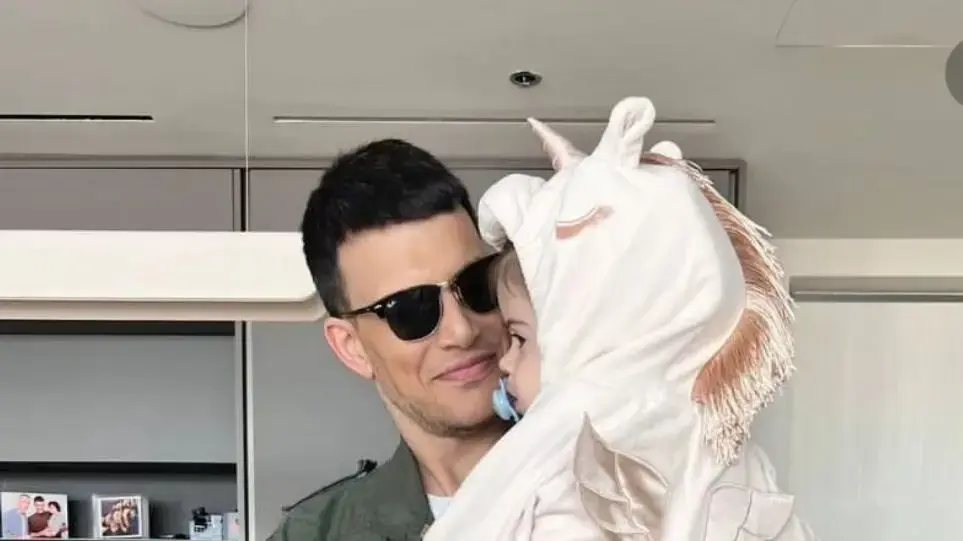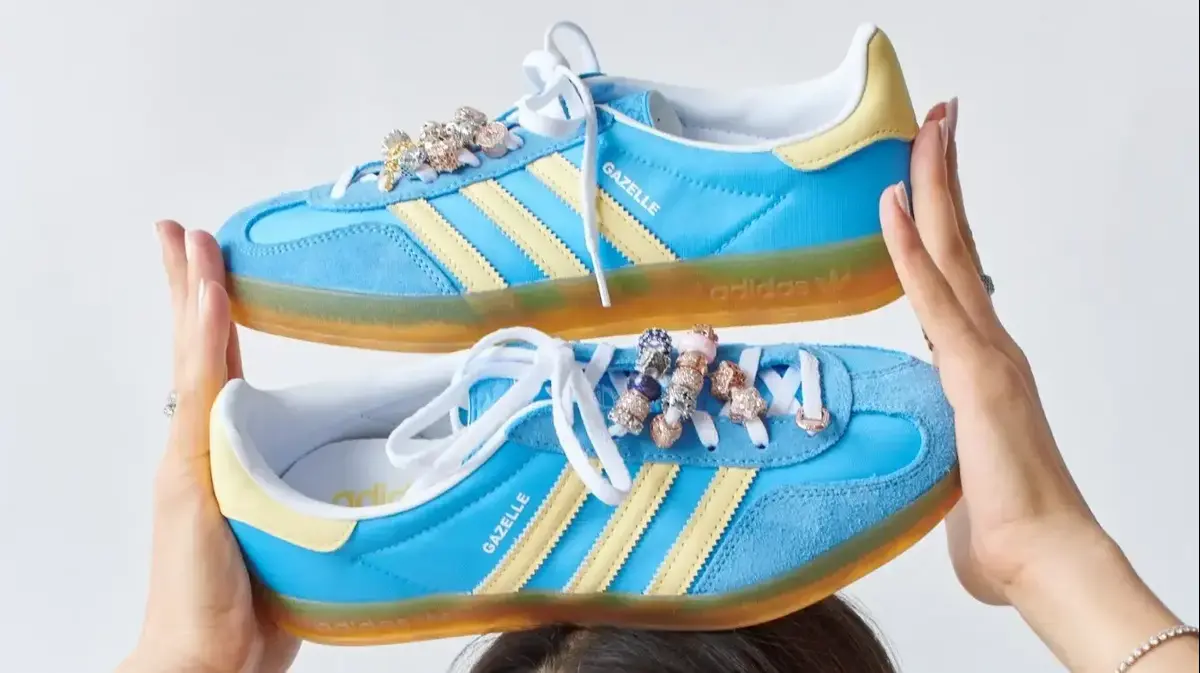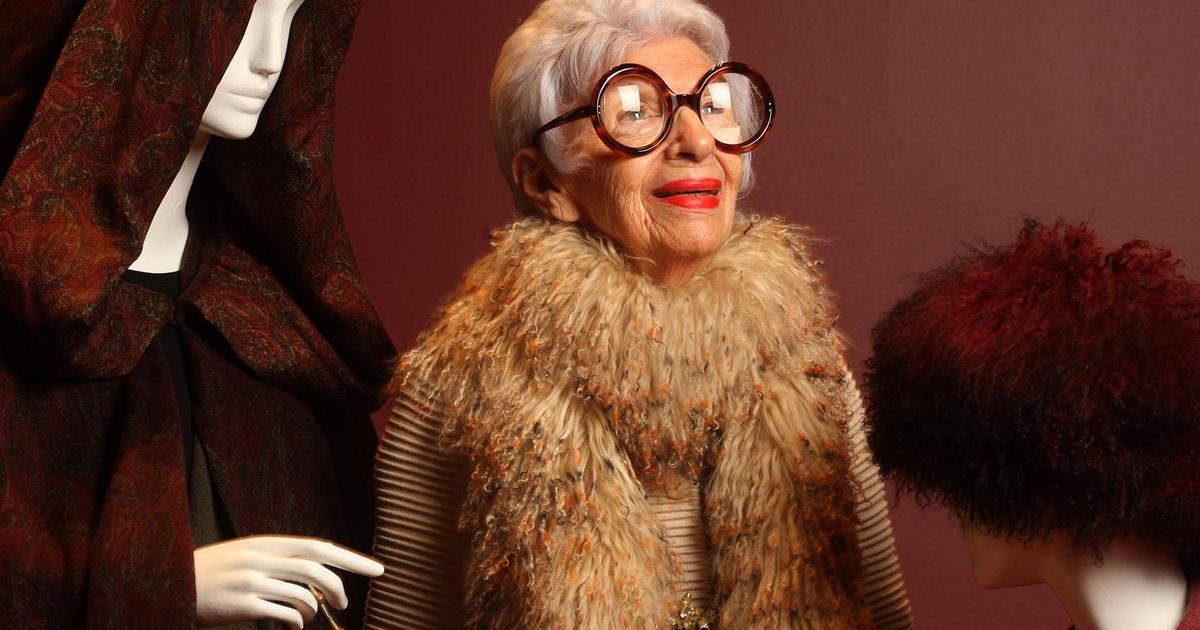In honor of Independence Day, we selected five fashion designers who make their clothing in Israel • What did the Corona crisis cause in the fashion business?
Five fashion designers talk about choosing to produce in the country, a blue-and-white production, rather than spending production abroad, thereby lowering costs.
Efrat Celig
Designer Efrat Kelig is one of the biggest names in Israeli and global fashion for the Koutur line. After 12 years studying and working in the largest fashion houses in Paris, including the Dior fashion house, she opened her own independent fashion house in the prestigious 16th district of Paris, and even won as the most promising fashion designer in France. Despite the success, over a decade ago she left everything and settled with her business in the country.
Just before the Corona crisis broke out, she was scheduled to open Fashion Week 2020. "We were in crazy preparations, famous celebrities were supposed to step on stage with my dresses, we were after measurements and photos, and all of a sudden it all stopped, as if someone came and turned off the switch "It's not easy. It's a huge investment that has gone down the drain."
Klig designs her clothing in Israel. "The production is done in Dizengoff in Tel Aviv on the second half of the studio, and I have to do production here in Israel close to me. I am a perfectionist and do not give up any detail when it comes to accuracy. I have a team that accompanies me throughout the complex and challenging process of couture fashion."
Hannah Marilus
31-year-old Hannah Marilus is a highly acclaimed Haredi fashion designer overseas. Her models are sold overseas in Hong Kong, Switzerland, Canada, New York and Korea. Her name and designs are cross-sector and in recent years she is considered a fashion designer not only for the ultra-Orthodox and religious sectors. She opened her studio about seven years ago in Bnei Brak and recently moved it to Tel Aviv.
"From the age of 10, I would take fabrics and design dresses for my dolls. In classes, I would design dresses," recalls Marilus. Later, after receiving a proposal from her close friend to design a wedding dress, she opened a studio, and thus began her fashion career. Her brand is considered couture and crosses gender boundaries. She incorporates modesty in her cut, leaving an emphasis on the feminine silhouette with lots of embroidery, soft fabrics and handmade rhymes.
Although its designs are sold overseas, Marilos has chosen to leave the design and production in the country. "The downside to producing in this country is the cost of domestic production," says Marilus, "but the most important advantage is that we do not depend on anyone. In the Corona crisis, I realized that the fact that production remains in Israel is a huge advantage, should not be based on sewing overseas, my production under close supervision ".
Sabina Musiev
Sabina Musiev is a Ready to Wear brand founded at the end of 2011 by Meir Moyal and Sabina Musiev Moyal. The brand vision combines female fashion creation, up-to-date and relaxed while combining traditional techniques and textile wealth.
Musiev continues to produce in the country. "The most notable drawback in manufacturing in Israel is a shortage of experienced and high-quality craftsmen. Unfortunately, the State of Israel has stopped investing in the textile industry, cultivating and training professionals from various crafts since the 1990s, so there is very little experienced and high-quality professionals today. Employees to get to the exact level of sewing, "says Musiev. "However, the advantage is the physical proximity and ability to control the many production stages and maneuver between them in a way that is compatible with the business and collection production."
Speaking about the Corona crisis, Musiev says, "The situation we are in is not easy, I think patience, faith and optimism. The Corona has made significant losses that begin now in the most flourishing and joyous season for the fashion business, and it is unknown when it will continue and how it will end. It is up to us to produce the most beautiful and invested collections and hope that as many customers as possible continue to appreciate the result and invest precisely in the country-made items, blue and white. "
Elizabeth Brown
The MonaLizabeth brand is a couture fashion brand set up at the end of 2018 by designer Elizabeth Brown. The brand has been popularized in many fashion magazines, including Vogue. Brown has even featured in New York and Paris Fashion Week.
"The target audience is women between the ages of 20-55 looking for the perfect look with a romantic and dramatic twist for an evening event," says Brown. About the manufacturing advantage in the country, she says, "Because the brand deals with couture, my presence is very important in the production process. From the selection of the fabrics to the sewing of the garment, so that I can give full attention to the seamstress and the other participants in the process." The downside, however, comes to the fore when it comes to resources. "After many years of staying and doing abroad, I can say that there is a shortage of factories and resources in the Israeli fashion industry compared to the resources available abroad. When I founded the brand, I chose to produce in Israel to bring to Israel what is missing here and contribute to the development of this industry. The Corona has faced the fashion industry, like many other industries, with a serious and ongoing problem.
Noa Sadeh and Ayala Asael
O'Nanoko means Japanese "girls". Designers Noa Sadeh and Ayala Asael, both graduates of Shankar, teamed up and founded the fashion brand at Kibbutz Maagan Michael in 2014.
The flagship store and studio is also today at Kibbutz Maagan Michael, including an online store with shipments to the entire country and a wholesale sale to about 20 boutique stores nationwide. According to the two, the production of the collection is done in a sewing workshop in southern Tel Aviv and the advantage of manufacturing in the country is availability and accessibility with suppliers and receiving items quickly. The downside, however, is the price of expensive fabrics.
On the Corona crisis, they say, "The Corona crisis has caught us quite prepared because we make sure to pre-produce the entire collection and photograph it in advance. Luckily, this season we were able to shoot most of the collection items a second before closing all businesses."














